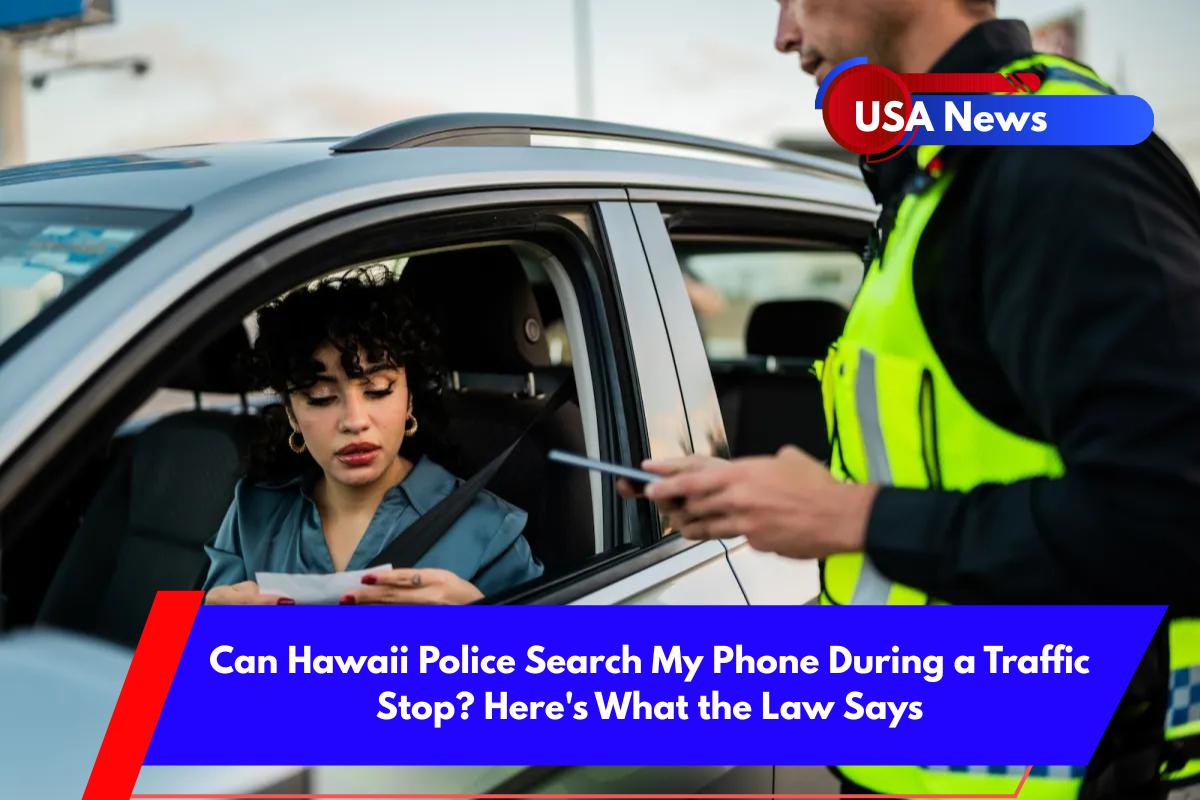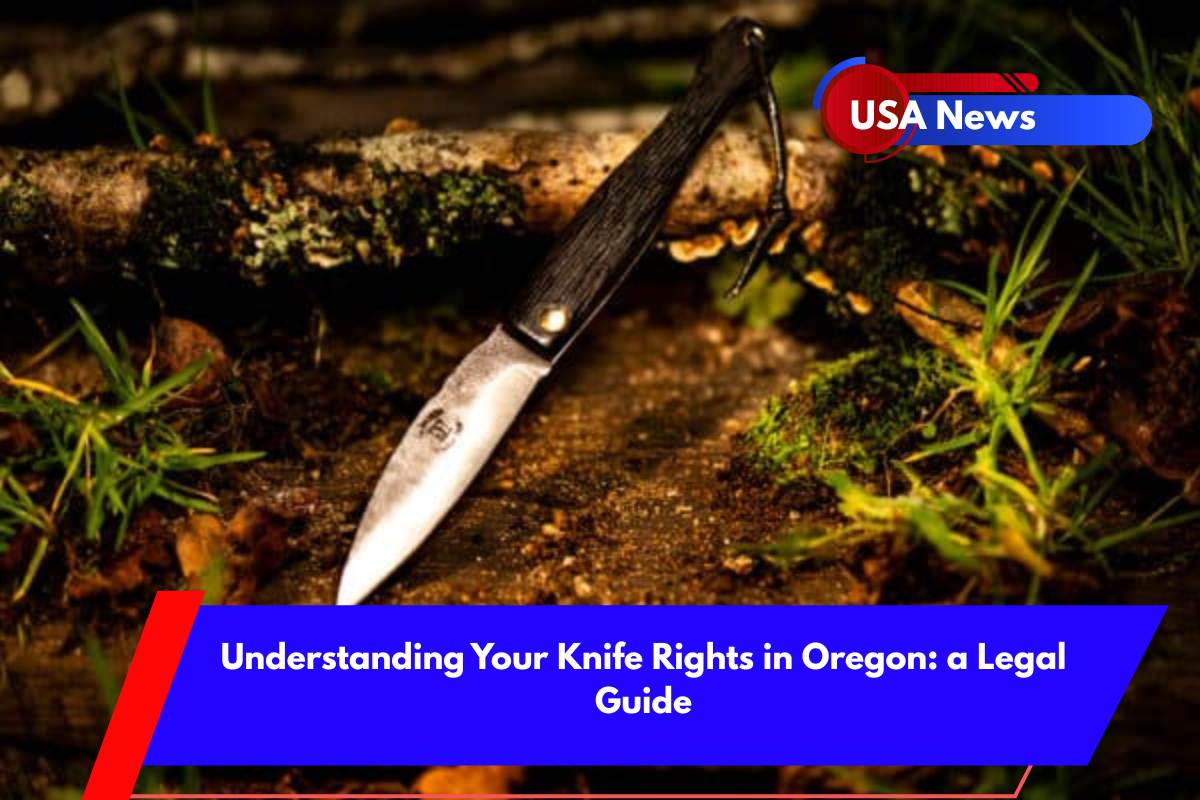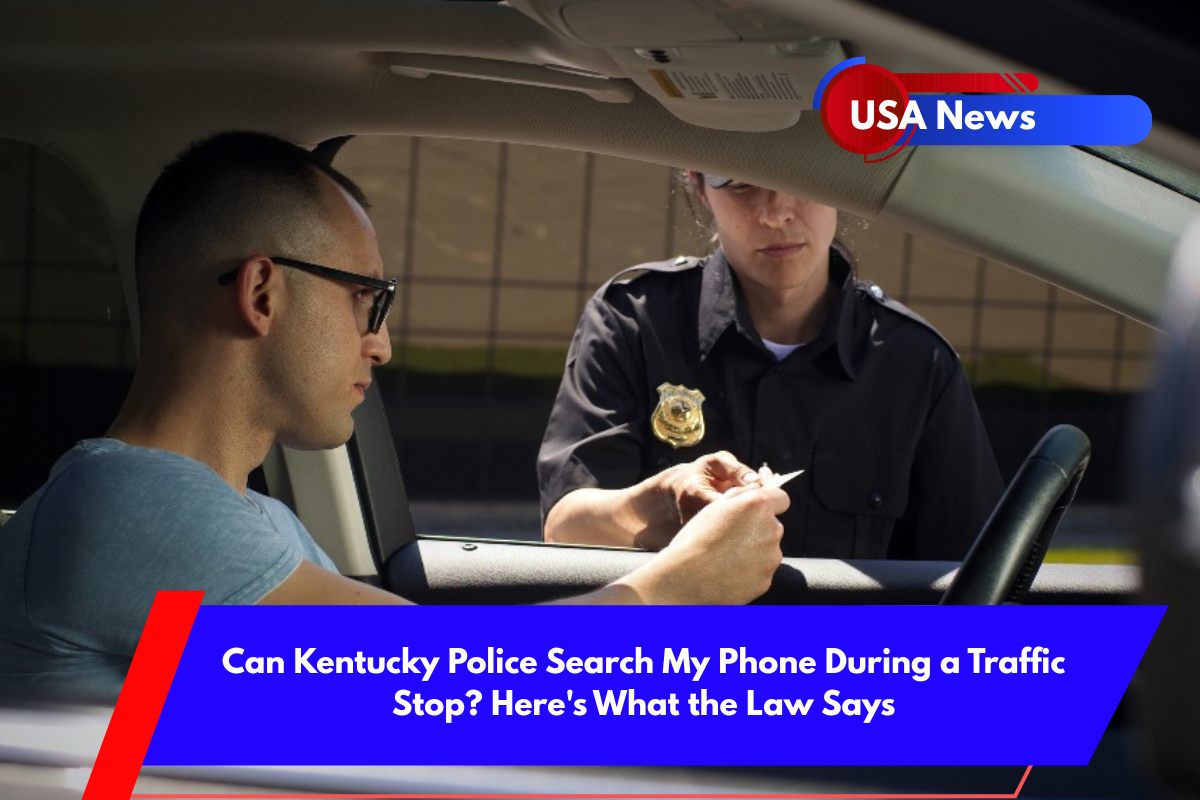In Hawaii, police officers are generally not allowed to search your phone during a traffic stop without your consent or a warrant.
Your privacy is protected under both the Fourth Amendment of the U.S. Constitution and Hawaii’s state constitution, ensuring that law enforcement must follow specific procedures before accessing the contents of your phone. Below is a breakdown of what you should know about phone searches during a traffic stop in Hawaii.
General Rule on Phone Searches
No Search Without Consent or Warrant: Police cannot search your phone simply because you are pulled over during a traffic stop. They need either your explicit consent or a valid search warrant based on probable cause to access your phone.
Consent Exception: If you voluntarily hand over your phone or verbally give permission, you are consenting to a search. Without your consent, officers must obtain a warrant to proceed with a search.
Warrant Requirement: Under the Fourth Amendment, your privacy is protected, and police need a warrant to search your phone unless there is a recognized exception. The warrant must be based on probable cause that your phone contains evidence of a crime.
What Should You Do If Asked to Unlock or Search Your Phone?
You Can Decline: If an officer asks to see or search your phone, you are within your rights to decline, unless they present a valid search warrant.
Provide Required Documents Only: During a traffic stop, you are required to show your driver’s license, vehicle registration, and proof of insurance. Your phone is not one of the documents you are legally obligated to provide.
Do Not Unlock Your Phone: Police cannot force you to unlock your phone, whether it’s with a passcode, fingerprint, or facial recognition, unless they have a specific warrant that authorizes such a search.
Are There Any Exceptions to This Rule?
Consent: If you give explicit consent, either verbally or by handing over your phone, police can search it without a warrant.
Exigent Circumstances: In rare cases, if there is an immediate risk to public safety or the destruction of evidence, police may search your phone without a warrant. However, this is very narrowly interpreted.
Incident to Arrest: Even if you are arrested, police typically still need a warrant to search the contents of your phone. The exception to this would be if there are exigent circumstances present.
What If Police Search Your Phone Illegally?
Evidence May Be Inadmissible: If police search your phone without a warrant and without your consent (and no exception applies), any evidence obtained from the search may be inadmissible in court. This is known as the “exclusionary rule,” which prevents illegally obtained evidence from being used in legal proceedings.
Practical Tips During a Traffic Stop
Stay Calm and Polite: Always remain calm and respectful during the stop.
Provide What Is Required: You only need to show your driver’s license, vehicle registration, and proof of insurance. Your phone is not required.
Clearly State Your Rights: If asked to search your phone, clearly state that you do not consent to the search. This ensures your rights are clear.
Document the Incident: If you believe your rights were violated, take note of the details and consult a lawyer for advice on how to proceed.
Sources:
1. https://www.govtech.com/public-safety/can-police-search-your-phone-during-a-traffic-stop
2. https://www.honolulupd.org/policy/policy-warrantless-searches-and-seizures/
3. https://808lawhelp.com/blog/your-rights-when-stopped-by-police-in-hawaii/
4. https://law.justia.com/codes/hawaii/title-17/chapter-291c/section-291c-137/













